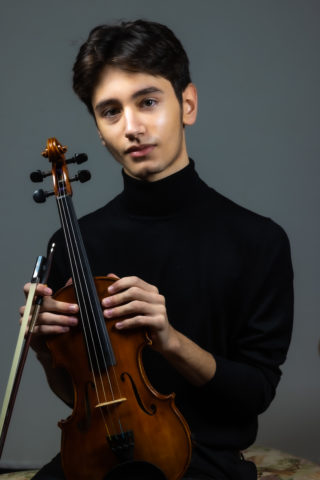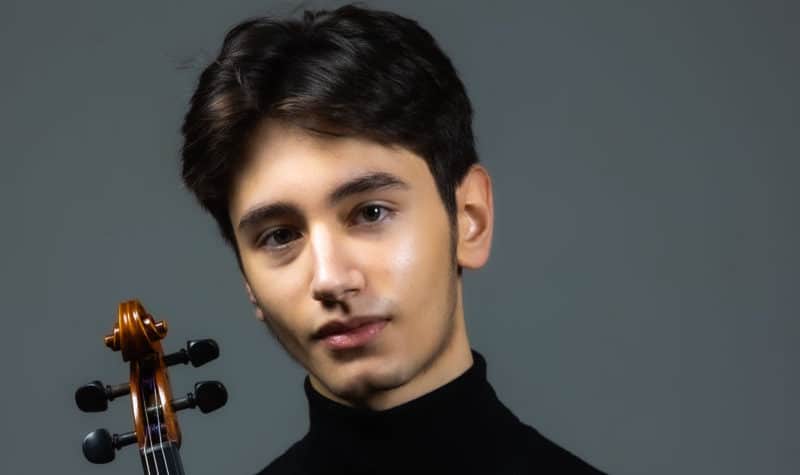Hello, I am Javier, and I am a violinist. I want to share information about my preparation for competitions and how I choose my repertoire efficiently. This past year, I participated in the Sphinx Competition, Sejong Music Competition, Midwest Young Artists Conservatory Walgreens Concerto Competition, and the DePaul Concerto Festival. Some of these competitions have a list of required repertoire, and I always try to use repertoire I have played in the past or use repertoire that I know I will need for auditions or competitions many months away. Using repertoire that you have already performed will make the process much quicker and allows you to manage your time better to work on multiple pieces simultaneously.
 Starting your repertoire as early as possible gives you more opportunities to plan out your competition schedule, and planning will make the process less stressful. Deadlines make everyone nervous, and the more time you can give yourself will only make you feel more prepared to perform. Everyone is different, and it is vital to know how fast you can work through a piece and get it to a performance level. Performance level is different for everyone, depending on their skills as a musician and the amount of experience they have performing.
Starting your repertoire as early as possible gives you more opportunities to plan out your competition schedule, and planning will make the process less stressful. Deadlines make everyone nervous, and the more time you can give yourself will only make you feel more prepared to perform. Everyone is different, and it is vital to know how fast you can work through a piece and get it to a performance level. Performance level is different for everyone, depending on their skills as a musician and the amount of experience they have performing.
During the competition season, I practice at least three hours a day. Two of those hours are focused on my solo repertoire. I found it challenging to work on multiple pieces in one day, and setting up a practice routine for each piece on a different day of the week was more productive. It is essential to be consistent with your practice schedule and give yourself enough constructive feedback during practice sessions.
Another of my main goals, especially when preparing for competitions, is to schedule enough rehearsals with my collaborative pianist to ensure I feel comfortable with my part and know what it will sound like when someone is performing with me. I usually prepare for these rehearsals by learning my tempos and preparing ideas on how I want to phrase the music.
Another important goal I always have is to assess my progress. I do this by recording run-throughs and applying all the feedback given to me during my violin lessons or rehearsals with the pianist. It also helps some people to record their lessons or rehearsals; it helps them remember the things they need to work on or improve.
On competition day, I always feel better if I get to the competition venue early so my instrument and I can physically have time to warm up. Being early makes me more relaxed, so I do not feel rushed throughout the process. Finding what works for you during these stressful days takes experience and will come with time. Spend time after each competition and reflect on what went well and what did not go well – set goals and strive to improve for the next competition.
Images
Javier Irizarry
